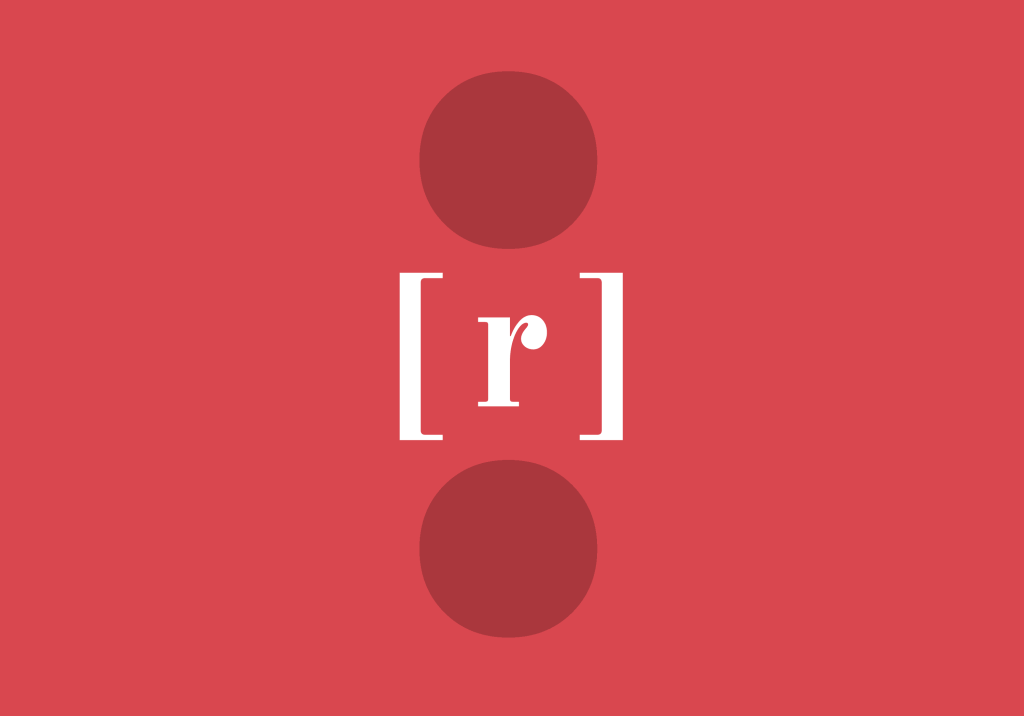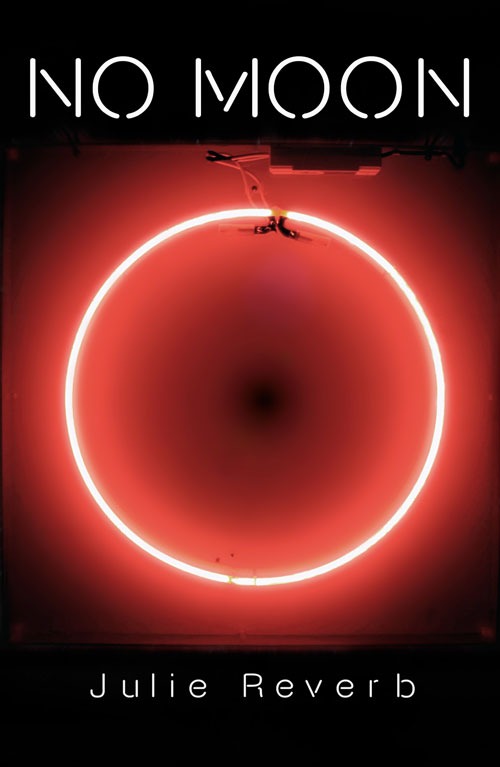“We are as forlorn as children lost in the woods. When you stand in front of me and look at me, what do you know of the griefs that are in me and what do I know of yours. And if I were to cast myself down before you and weep and tell you, what more would you know about me than you know about Hell when someone tells you it is hot and dreadful? For that reason alone we human beings ought to stand before one another as reverently, as reflectively, as lovingly, as we would before the entrance to Hell.”
– Franz Kafka
For every philosopher or philosophically minded writer, there is a quote about loss. Grand, sweeping odes wrapped in romantic dream-states, almost vulgar in their luxuriance. The all too human need to give a beautiful relevance to the terrible. But this is what we hide in the dark alleys of our hearts: loss, no matter what shape it takes, is a dirty, blurry thing. The stink of it clings to us and slowly decomposes our dreams of living.
How fitting it is that in No Moon by Julie Reverb (Calamari Press), Lucy and Billy go through the motions of a loss-life like the haunting movements of the puppets in a Quay Brothers movie, all dirty streets and blurred windows, a dark sex cinema where Lucy – the Snow Queen, as Billy has named her – offers dances and more for her dusty, shadowed clientele under the x-ray eyes of her alcoholic, chain-smoking nightmare of a stage mother, ‘the sparrow’, both with dreams of a tarnished El Dorado in their heads: Lucy’s, roller-skating to make her father proud (long dead but only ‘away’ in a cloud of denial) in a Starlight Express musical heaven (“I am silver and blue and blonde, a beautiful flag”), whilst her mother’s has shifted over time; the golden ideal of money-making child prodigy/pageant queen now nothing more than a tired and critical sexual exploitation (“You should be rubbing yourself, but where are you? You can’t do that if you’re not there in the first place, love.”), one that can’t even keep the family business afloat.
Billy’s awkward love for Lucy fills him with the bloated aspiration of the man who has always been and is forever destined to be a failure; his desperate dream of raising her up and subsequent business pitch for success striking that place in us all where we have been consumed by someone to the extent that we build these castles in the air for them, to elevate them in our love in the wish that they will love us in return – if not love, then at least a brief spotlight of gratitude that will warm us – and look about for the means to recreate them in dank and dull reality. The cinema – Lucy’s as well as the literally burnt husk and equally burnt patrons of his prior haunt that appear in his thoughts – looms large in Billy’s life; he is spectator, worshipper, philosopher (“Hell seeps through holes in shoes.”), and within all those, a lost soul who thinks he can bestow a sense of worldliness and belonging upon himself with his seating choice.
Brutality is intimacy for both. When violence and diminishment are markers of love, we spend our lives scuttling like spiders in dark corners, first evading, then acquiescing to those who lay their hands or their gaze on us – or their reasons for doing so. Lucy’s body, barely her own, is a tired welcome mat for the traffic of lust and violence. Billy’s limp anchors him existentially to the hurt and indifference of the world he cannot rise from, but the real threat of brutality for him comes from Mad Sinbad, a gangster previously lying ostentatiously low in Spain, heavy-handedly regaling tourists with the story of his exile (“I was a lone wolf not in with any cunt and they couldn’t understand that.”), now recently released from prison. Sinbad might be all flash and menace, but is no less a character of loss, and tied to Lucy and Billy because of it: he is the landlord of their cinemas past and present, victim of Billy’s failed computer venture, Lucy’s casual abuser.
All bad things in life are connected and closer than you think, even when you feel you have outrun them. Perhaps they sense barely clinging hope like sharks smell blood in the water. The thin silvered dream of the cinema reborn as erotic roller-skating extravaganza requires money; Lucy goes forth into the real but surreal world of the desk job, replete with characters as strange as her cinema universe. Billy creates a sad cut-rate fantasy, trying to include everything that will bring in the crowds: builds skating ramps, instead of the Lipizzans of his dreams, buys a pair of half-dead ex-seaside donkeys for his petting zoo, offers a ‘glamorous shoe shine service’. The stench of loss is everywhere, from Billy’s plans, the lies and past longings of Lucy’s colleagues to her mother’s nicotine-haze catatonia at her lover leaving her. Even though Lucy berates Billy for the donkeys (“…I’m not the bleedin Virgin Mary.”), she has the patience of a Madonna, leading them for walks around Soho as well as pushing the sparrow from home to cinema in a wheelbarrow.
If all this sounds as if the reader will be buried in an avalanche of equally heavy prose, thankfully, it is not the case. Reverb’s writing is thoughtful but quick, dancing from character to character, inner monologue to external dialogue. Around the edges of all this swarms the blackest of black humour: Billy’s inspiration to make the sparrow earn her keep by becoming a human smoke machine; Sinbad, looking every bit the stereotype with his bald head and white suit, auditioning for gangster movie roles. Only Lucy seems to lack it, but this elevates her even more into a divine but damned creature; weight makes her weightless.
Through the dirty window of their lives, there is a blinding clarity in the form of their flashes of self-awareness, the overlapping narration of present thoughts and past glimpses into history. There must be a joyful ignorance for those with none; that respite is not a gift Lucy and Billy will ever receive. But then, there is no ease in having it, either. It might be high tensile, but still reverberates with anxiety. Our pasts have pasts in the form of family. It doesn’t matter if you leave it; it does not leave you. It shapes you and for the most unlucky among us, it becomes our destiny. We think there is a kind of inevitable truth in nakedness, both the physical and the baring of self that comes with loss. But we can stare, listen all we like and still not see or understand a thing. Perhaps all we can do, in the end, is acknowledge and embrace its tragedy, let it lead us where it chooses.
Tomoe Hill lives and writes in a converted lunatic asylum near London. Her last short story, “Peripheries”, was featured in The Stockholm Review of Literature. She is reviews editor at Minor Literature[s]. @CuriosoTheGreat.
Julie Reverb is a London, UK-based writer whose fiction has appeared in publications including The Quietus, 3:AM magazine and Gorse journal. Her début novel – NO MOON – explores language, grief and a family-run porn cinema. It will be published by Calamari Archive in September 2015. @juliereverb


